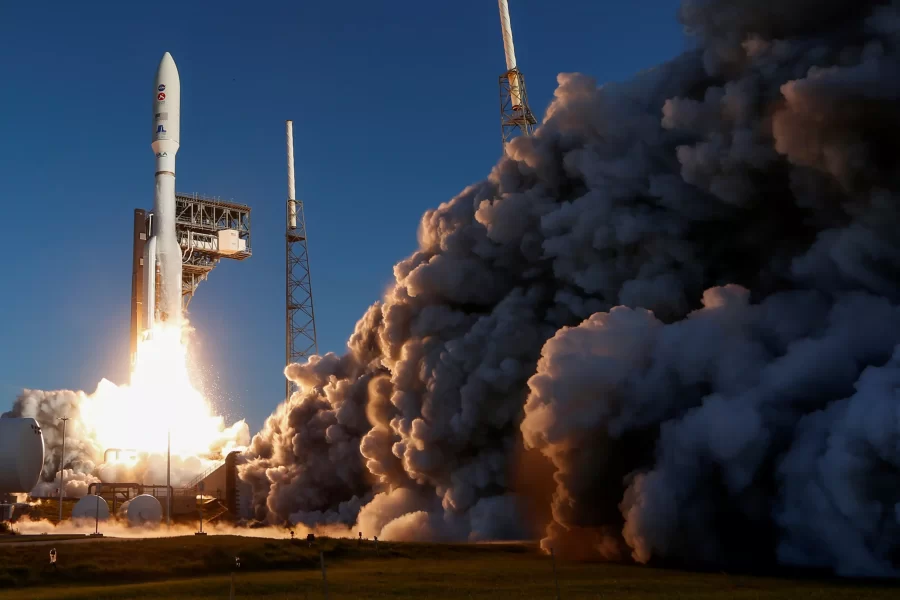Astronomically high budget, worth it?
Each year, the US spends billions of dollars on NASA for aeronautics research, human space exploration, technological development, and robotic spaceflight. This year alone, President Biden signed off on $25.9 billion for NASA’s funding. This substantial sum of money is often a point of contention. Some ask “why explore space when we have not completely explored Earth yet?” They claim that despite heavy expenses, space exploration brings no direct benefit to society. Others, like me, believe that space has the potential for scientific knowledge that has value beyond the measurements of cost.
The whole debate is centered around justifying or disapproving of the expensive budget for the space program. But, is $25.9 billion really that costly of a price? For the US, a country with a yearly budget of over $6 trillion, it is a mere 0.4% of spending. Compared to the $773 billion that the department of defense receives, which is around 12% of the entire US budget, it is not a hefty investment.
Some still believe those funds can be reallocated to develop different aspects back on Earth, such as Medicare and social security. However, those sectors have already received $340 billion, and $240 billion, respectively. If any funds were to be cut to directly improve the citizens’ lives, they should be from the Department of Defense’s budget.
There have been numerous items we use in our daily lives that were invented for the space program. For example, NASA developed water purification systems using electrolytic silver ionizers in the 1960s to clean astronauts’ drinking water. Now, they are commonly used to kill bacteria in pools. Everyday phone cameras are derived from technology made by the Jet Propulsion Laboratory in the 1990s. They were originally made to fit small cameras on spacecraft. NASA developed very common items, such as athletic shoes, dust busters, ear thermometers, home insulation, freeze-dried foods, and velcro.
Without the space program, we would not be able to live our modern, internet-dependent lives. There would be no GPS, weather forecasts, television, and the web. The space program has the responsibility to launch satellites to support the 5.16 billion people on Earth that use the internet.
Not only does the space program bring new developments, but it also brings new findings. The discovery of the Higgs-Boson, a fundamental particle in quantum physics, may not be revolutionary to many, but from the government’s funding of a particle collider, NASA discovered it, advancing our understanding of the universe.
Above all, it is the human’s innate curiosity that fuels the space program. Throughout history, uncontainable curiosity has sparked great changes. Without the urge to explore, all the lands would be populated by indigenous races. As Nigel Nicholson from the Harvard Business Review once wrote, “You can take the person out of the Stone Age, not the Stone Age out of the person.”

Eric is the Editor-in-Chief of Tiger Times. He loves to stargaze, log his culinary adventures on “Foodhole,” and play epic movie soundtracks on his...

